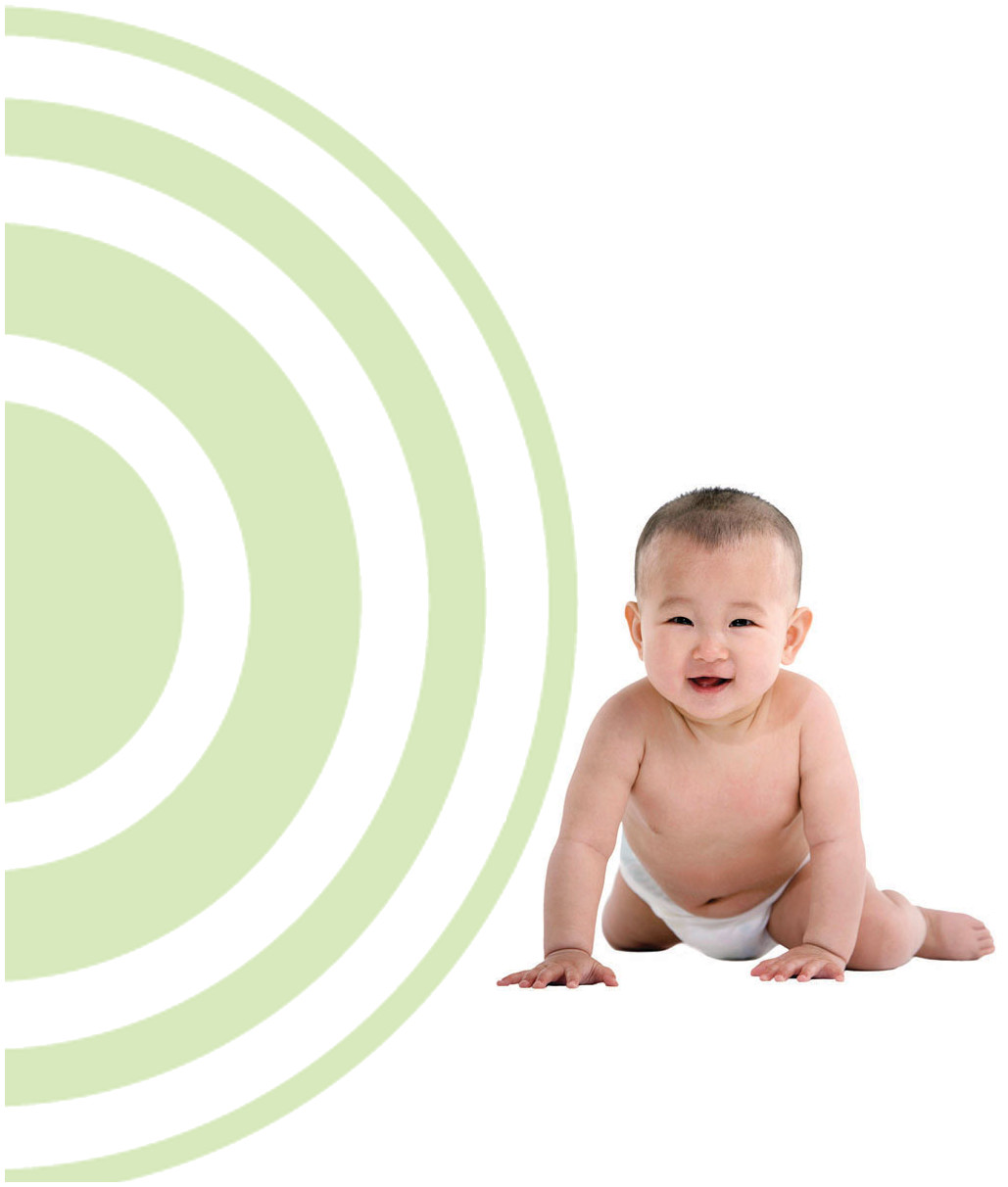

Psychology's Roots- Psychological Science Is Born
- Contemporary Psychology

Four Big Ideas in Psychology- Big Idea 1: Critical Thinking Is Smart Thinking
- Big Idea 2: Behavior Is a Biopsychosocial Event
- Big Idea 3: We Operate With a Two-Track Mind (Dual Processing)
- Big Idea 4: Psychology Explores Human Strengths as Well as Challenges

Why Do Psychology?- The Limits of Intuition and Common Sense
- The Scientific Attitude: Curious, Skeptical, and Humble

How Do Psychologists Ask and Answer Questions?- The Scientific Method
- Description
- Correlation
- Experimentation

Frequently Asked Questions About Psychology

Improve Your Retention—and Your Grades
| 1 | Psychology's Roots, Big Ideas, and Critical Thinking Tools |

|

A note to our readers: I am delighted to welcome Nathan DeWall as co-author for this edition of Psychology in Everyday Life. He led our shared revision work for Chapter 4, Chapter 10, Chapter 11, and Chapter 14.

Hoping to understand themselves and others, millions turn to psychology, as you now do. What do psychologists really know? “What's it like being married to a psychologist?” people have occasionally asked my wife. “Does he use his psychology on you?”
“So, does your Dad, like, analyze you?” my children were asked many times by friends.
“What do you think of me?” asked one barber, hoping for an instant personality analysis after learning that I am a psychologist.
For these questioners, as for most people whose ideas about psychology come from the Internet and popular shows, psychologists analyze personality, examine crime scenes, and testify in court. They offer counseling and dispense ideas about parenting, the path to love and happiness, and even the meaning of dreams. Yet psychologists do much more. Psychology's roots are broad, its ideas are big, and its investigations are scientific. Consider some of the questions psychologists study that you may also wonder about:
- Have you ever found yourself reacting to something as one of your biological parents would—perhaps in a way you vowed you never would—and then wondered how much of your personality you inherited? How much are we shaped by our genes, and how much by our home and community environments?
- Have you ever worried about how to act among people of a different culture, race, gender, or sexual orientation? In what ways are we alike as members of the human family? How do we differ?
- Have you ever awakened from a nightmare and, with a wave of relief, wondered why you had such a crazy dream? How often, and why, do we dream?
- Have you ever played peekaboo with a 6-month-old and wondered why the baby finds the game so delightful? The infant seems to think you actually disappear, only to reappear again like magic. What do babies actually perceive and think?
- What do you think leads to success in life? Are some people just born smarter? Can we make it on intelligence alone? What about creativity and emotional intelligence? How about self-control?
- Are people affected by the changing ways we communicate? How do today's electronic media influence how we think and how we relate to each other?
- Have you ever become depressed or anxious and wondered whether you'll ever feel “normal”? What triggers our bad moods—and our good ones? What's the line between a normal mood swing and a psychological disorder for which someone should seek help?
As you will see, psychological science has produced some fascinating and sometimes surprising answers to these questions.